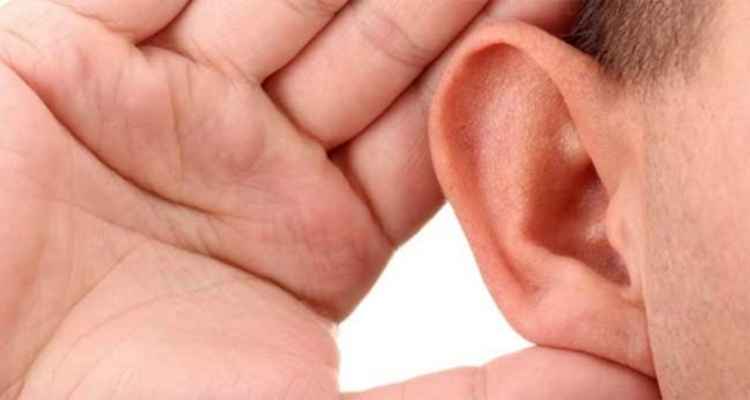There are about 60,000-65,000 new cases of documented sudden hearing loss in the U.S. each year. Yet, If the hearing loss resolves quickly, these cases often aren’t documented.
The cause of sudden hearing loss is unknown in over 90% of cases. So, what should you do if you suddenly can’t hear? Keep reading to learn how to deal with sudden hearing loss.
Sudden Sensorineural Hearing Loss (SSHL)
Individuals may experience sudden hearing loss in both ears or just one. In fact, SSHL occurs more often in only one ear.
Losing hearing in one ear causes unique problems. It’s harder to locate where a sound comes from (“head shadow” effect).
If untreated, the loss can be permanent. SSHL may happen very quickly or over several days.
Causes of Sudden Hearing Loss
Remember, most cases of SSHL have no identified cause. Common theories point to autoimmune attacks, acute microvascular occlusion, or herpes simplex.
Obvious Injuries
Some causes are clear. Blunt head trauma can result in temporal bone skull fractures.
The primary hearing center of the brain is in the temporal lobe. Damaging this area can cause hearing loss.
The cochlea, located in the inner ear, contains the organ of Corti. This organ creates nerve impulses in response to sound vibrations. Concussions that damage the cochlea can interfere with sound transmission.
A tear (fistula) between the inner and middle ear can occur with sudden pressure changes. Examples include diving accidents or strenuous movement such as weightlifting.
Some medications can damage parts of the ear. This happens more often in overdoses or people with a rare genetic disorder.
Some hearing loss happens during or right after an acute illness—especially with bacterial meningitis, Lyme disease, and some infections.
COVID has raised virus awareness. You may wonder, “What virus causes sudden hearing loss?” In developed countries, herpes simplex and mumps are the most common viral causes.
There’s also a connection between COVID and sudden hearing loss. The inner ear contains hair cells that transmit sound waves. The SARS-CoV-2 virus can infect these cells, causing hearing loss.
Since most of the population is immunized against measles, this is now a rare factor. HIV-infected people can have SSHL if they get syphilis that reactivates their disease.
Hidden Causes
Sudden hearing loss may signal unknown conditions. Examples include Meniere disease, acoustic neuroma, small cerebellar stroke, or multiple sclerosis. Another rare autoimmune reaction, Cogan syndrome, can damage the inner ear.
Hearing loss may signal swelling of blood vessels throughout the body. If untreated, this condition can cause death.
SSHL can also flag blood disorders. This includes sickle cell disease, Waldenström macroglobulinemia, and leukemia.
What to Do if You Have Sudden Hearing Loss
If you have a sudden loss of hearing that doesn’t improve in a few days, seek treatment. Delaying two or more weeks increases the chances of permanent hearing loss. It’s also vital to determine and treat the cause.
Hearing specialists use many different treatments to improve hearing. This may include surgery to repair damage or remove blockages. Implants and hearing aids may offer life-long solutions.
If you’re trying to find a hearing clinic near you, contact Amplifon. They have locations throughout Canada to address your hearing concerns.
Do You Strive to Live a Healthy Life?
Staying healthy means keeping up with the most current facts about health strategies. Our site features many health-related articles like this one about sudden hearing loss.
You’ll find information for women and men. We also address weight management, skincare, and more. Bookmark our site today and return often to get the latest info.

